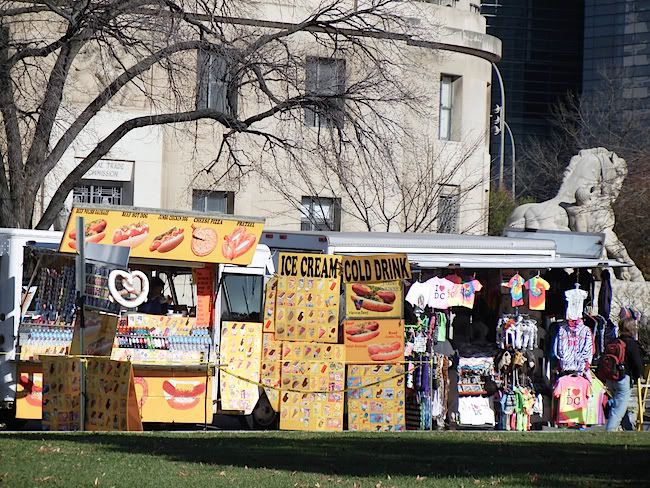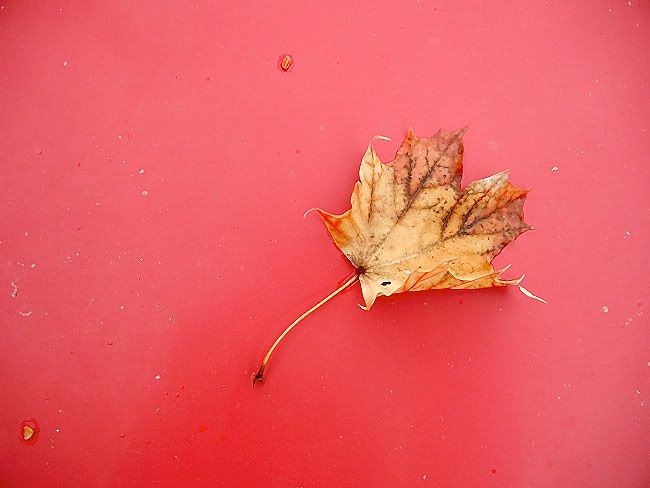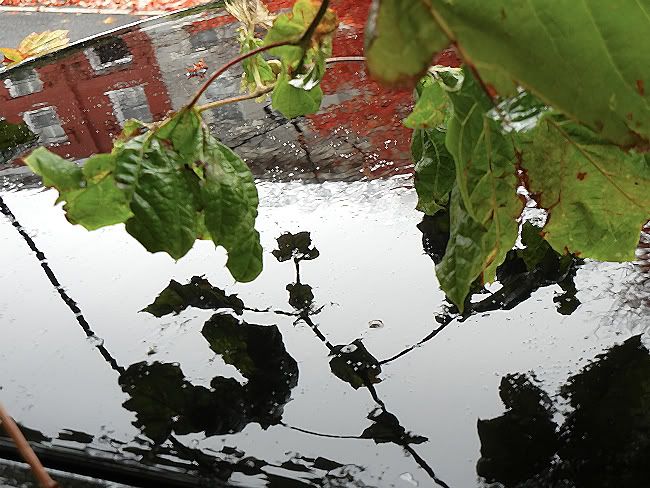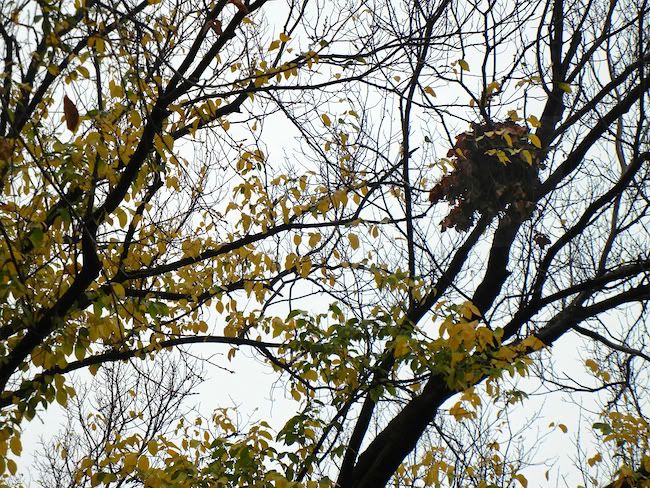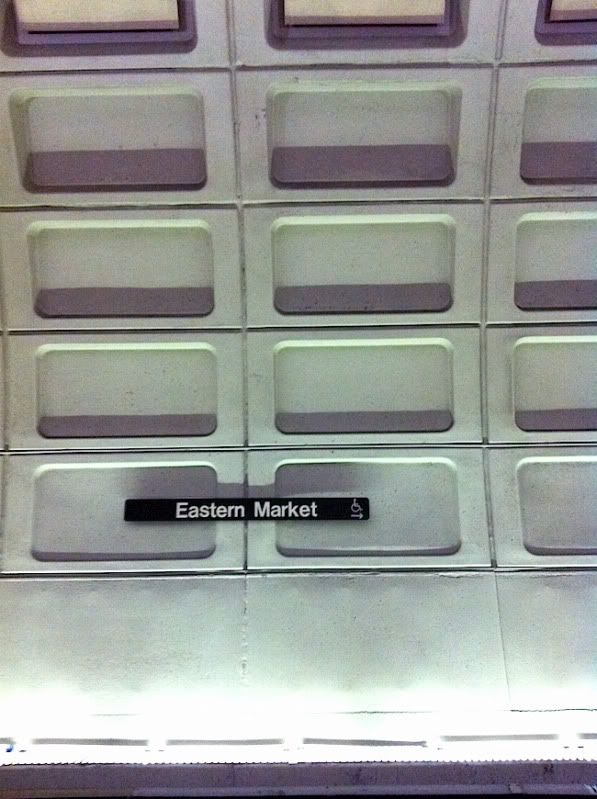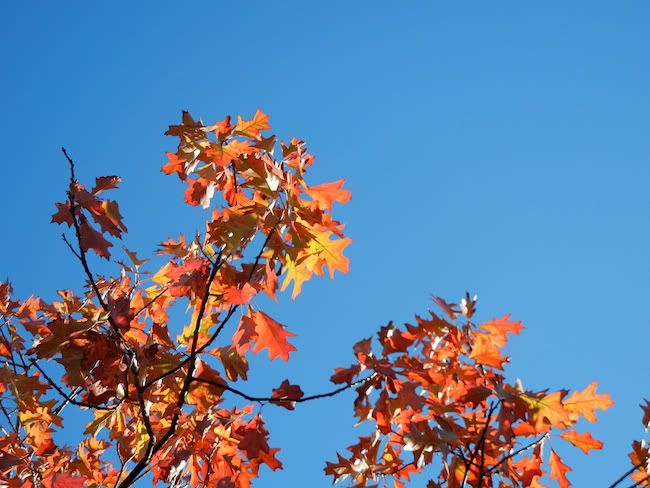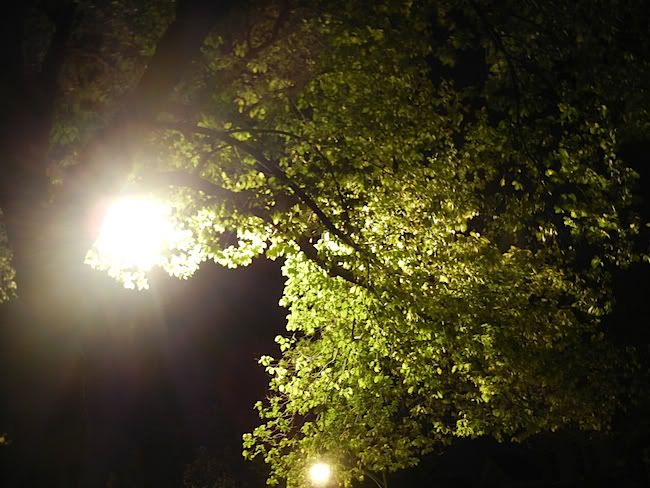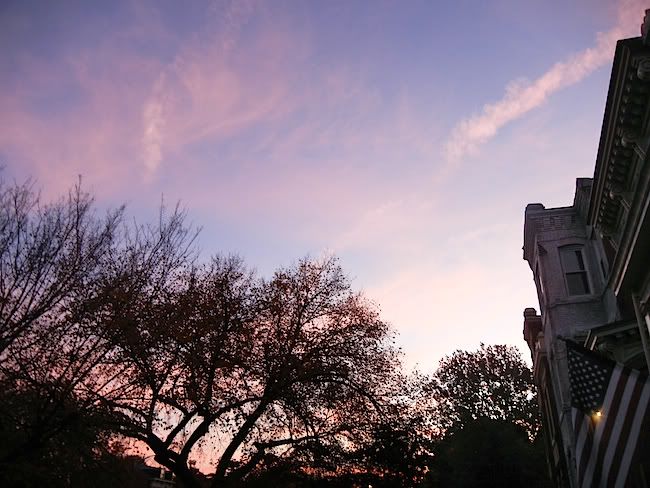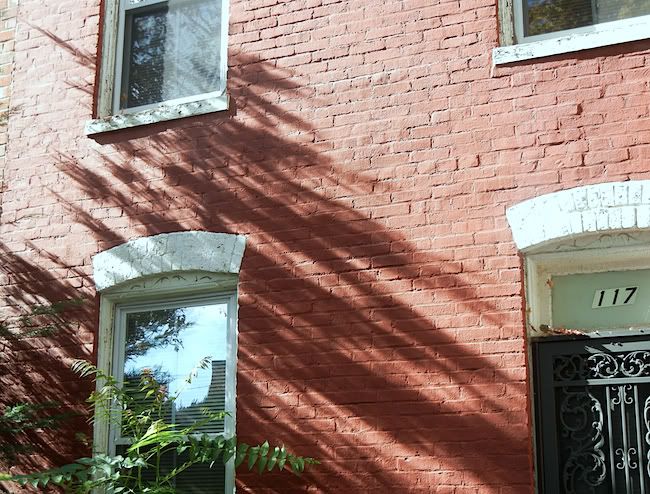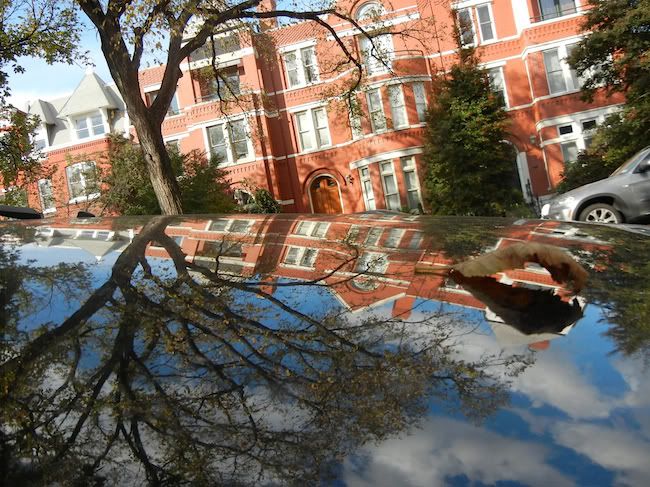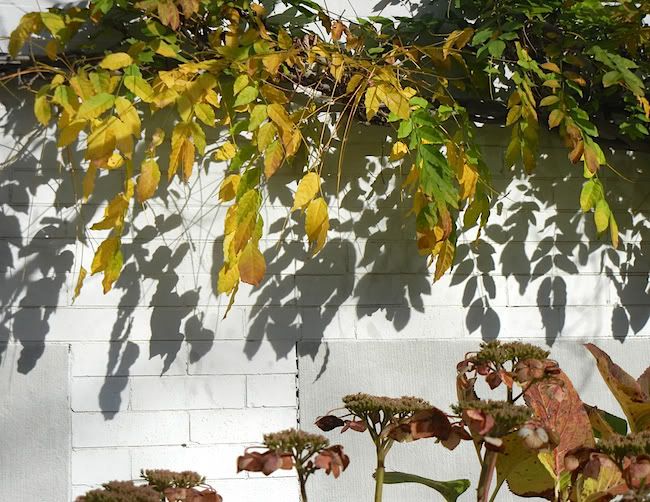
No pain, no gain. Hmm...what does that mean? Does it mean be tough, don't be a sissy, prove your strength by enduring pain? Well? What else could it possibly mean?
Pain is the body's way of saying STOP. It seems clear as a bell to me. Remember, the body never lies. Though it is not my intention, sometimes during a massage, I get a bit further into the tissue than was needed. The client's body will react with a quick spasm, sometimes the client even says "ouch" out loud. I normally say "I'm sorry," - to the body I'm apologizing, to the living tissue I've inadvertently attacked. You would be surprised how often clients say, "It didn't hurt. I need this." They need me to hurt them? Huh?
I don't care what their minds believe to be true, when a muscle spasms as the result of too much pressure, it DID hurt. It's an interesting disconnect.
The idea of "pain threshold" is very popular. Some people are proud to have a "higher" pain threshold than other people. I wonder what that really means - that they truly do not perceive pain, or they're great at denial, or they believe what doesn't kill them will make them stronger? The answer is probably a combination of many things, including physiological differences. I'm also fascinated by the phrase, "I don't believe in pain killers." Can anyone explain what that's all about? Fear of addiction? There is a place for pain medication. If you've just had your gall bladder removed, I advise you to take anything they'll give you. That really hurts! The trick is to wean off the meds as you begin to heal.
Being tough is an instinctual imperative, or was back when our survival depended upon physical strength. Once we became weak, we were put out to pasture. And though at this moment in history, we do not have to be physically powerful to survive, I worry about those who avoid pain at all costs. They are in a habit of taking pain relievers, mood enhancers and stabilizers, and antidepressants. I'm not talking about clinically depressed people or those who suffer from conditions that are always painful. Those people DO need these medications in an ongoing way, I'm talking about regular folks who go into an odd funk, get on the meds but then never get off them. A lot has been written about how glazed we Americans are as a result of all the psychoactives we take.
Many aspects of living in a body are painful. People suffer from pain on every level: physically, emotionally, spiritually, mentally. How much pain (of any kind) is strengthening? At what point do we tip over into a kind of numbness from enduring too much or too little?
Healers have been trying to work this out forever. It's not likely I'm going to come up with the conclusive answer! Do you have an opinion?
May your day be pain free, so may it be. Shalom.

